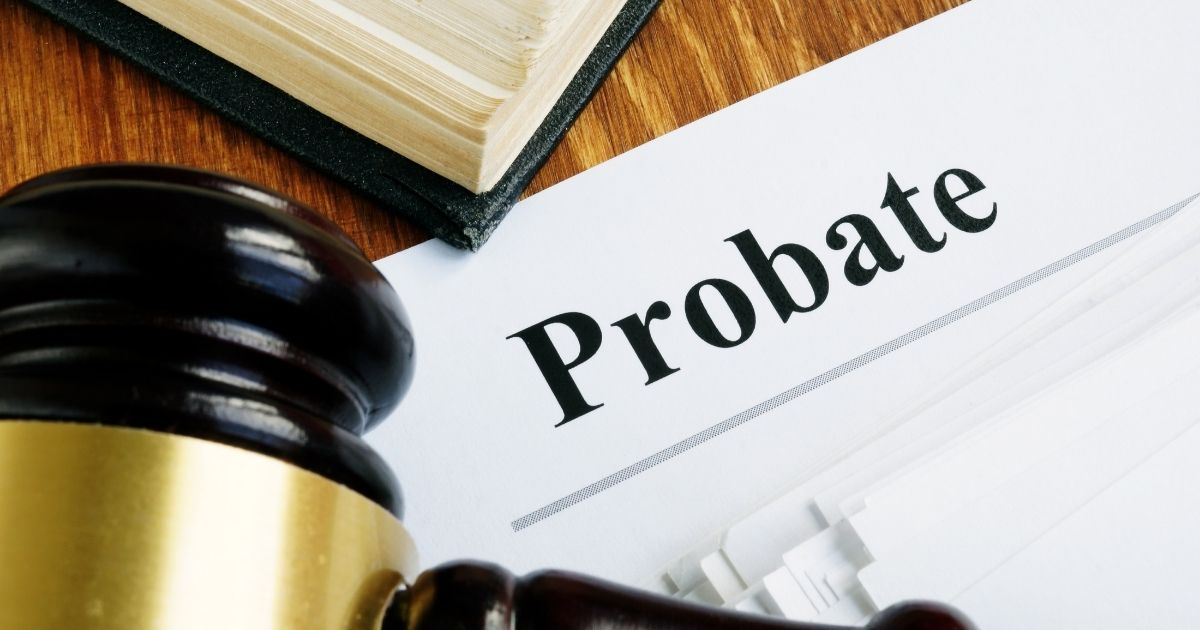The last thing anyone wants after the death of a loved one is to deal with bureaucracy, paperwork, and red tape. You need time to grieve, and you need time to comfort yourself and your family.
Unfortunately, to carry out the deceased’s last wishes and distribute their estate according to their will, you need to go through the process of probate. At Wolterman Law Office, we are here to provide compassionate, competent legal guidance for you as you navigate this complicated and emotionally trying time. Here is what you need to know about preparing for probate — and remember, our Hamilton County estate lawyers are always here to answer your questions with empathy and understanding.
What Is Probate?
Through the probate process, an Ohio court administers and distributes a deceased person’s estate, following both the law and the last wishes of the deceased. By working together with the survivors, the court validates the will, pays off debts, and distributes the remaining assets to the stated beneficiaries.
To initiate the process, you must file the appropriate paperwork with the probate court in the deceased person’s former county of residence — in Hamilton County, that’s the Hamilton County Probate Court. The court will ask for documents like the original will, the death certificate, and a list of the deceased’s assets and liabilities.
What Are the Key Steps in Administering an Estate?
Once you have successfully filed, if the deceased failed to name a specific executor in the will, the court will appoint an executor or administrator to manage the estate. This person will handle the location and distribution of the estate, the debts, and all other duties related to the deceased’s last wishes.
In case the court needs to appoint an executor, you should detail the estate’s assets, including real estate, bank accounts, investments, personal property, and any other valuables — as well as all transactions and related communications—to file with the probate court.
How Can You Handle Debts and Taxes?
If the court or executor requires it, notify the relevant creditors of the probate proceedings and pay any outstanding debts from the estate’s assets. In Ohio, creditors typically have six months from the date of death to submit their claims — but you should verify the legitimacy of each claim individually.
You also might need to file the deceased’s final income tax return and any estate tax returns, and pay any taxes due.
What If There Are Disputes or Challenges?
Unfortunately, the probate process does not always go smoothly, as some parties can raise disputes and challenges. Our divorce attorneys have navigated probate situations with contested wills, disputes among beneficiaries, or disagreements over the executor’s actions, which have all drawn out the process significantly.
To expedite the process as much as possible, make sure you complete all paperwork accurately and file it promptly. Communicate openly with all stakeholders, including beneficiaries and creditors, and consider consulting a knowledgeable estate lawyer to help you resolve any disputes.
Seek Professional Guidance on Probate With the Blue Ash Estate Lawyers at Wolterman Law Office
We know and understand how stressful and emotional the probate process can feel, especially when issues arise involving family disputes, paperwork errors, or contested assets. Our Blue Ash estate lawyers at Wolterman Law Office have helped many of our clients navigate the process as quickly and efficiently as possible — and they have done it with compassion from start to finish. Give our Loveland, Ohio office a call at 513-488-1135 or fill out our online contact form for a free consultation. We serve clients in Hamilton County, Fairfield, Norwood, and Forest Park.


